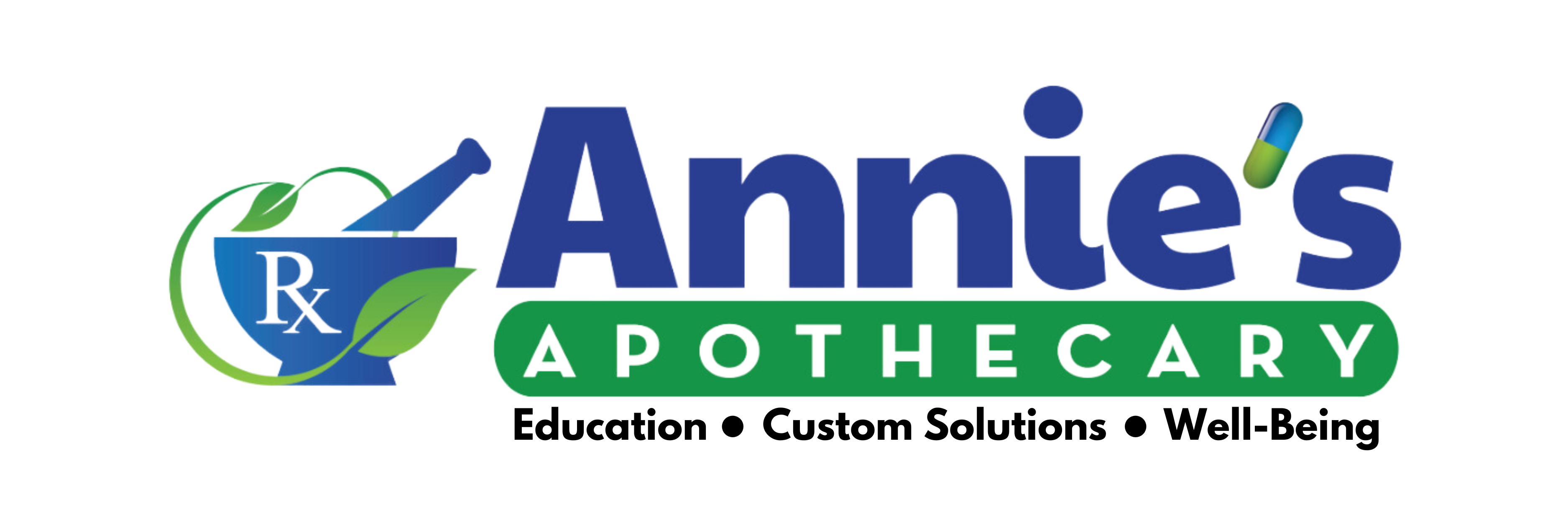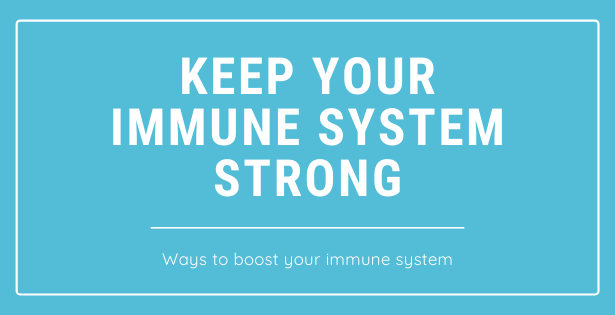Zinc
Zinc is a mineral that works synergistically with vitamin A in activating thymic factor, a thymus hormone with vital immune supporting properties. Maintaining optimal zinc levels also helps maintain helper T-cell lymphocyte function, NK cell activity, macrophage function, and antibody production.
Vitamin C
Vitamin C is well known for its ability to support immune response. Vitamin C concentrations decline rapidly in the body during periods of stress. Dietary intake is therefore crucial during immune challenges. Vitamin C has been found to be helpful in supporting specific components of the immune system including NK cell activity and lymphocyte function. Vitamin C also provides antioxidant support by protecting cells against reactive oxygen species that are generated during normal inflammatory response.
Vitamin A
Vitamin A helps support mucous membranes. When vitamin A is lacking, mucus-producing cells are replaced by keratin producing cells, and the membranes become tough and more vulnerable to organisms. Vitamin A is a critical immune supporting nutrient. Vitamin A also supports the immune system by stimulating white blood cell function and increasing antibody response.
Elderberry
Black elderberry (Sambucas nigra) has a long history of traditional use among herbalists and is native to Europe, Northern Africa, and Western and Central Asia. Elderberry preparations range from expressed juice to syrup, tea decoction, powdered extract, and powdered extract in the form of lozenges or capsules. The bioactive components of elderberry include the flavonoid anthocyanin. Viracid is standardized to include black elderberry extract with 13% anthocyanins. Black elderberry preparations have also been shown to enhance immune cell killing potential by supporting healthy cytokine production, including IL-8 and IL-10, the cellular pathways used to eliminate foreign invaders.
L-Lysine
L-lysine is an essential amino acid that cannot be synthesized in the body on its own. Lysine must be derived from protein sources in the diet in order for the body to function properly. Many biological functions require lysine including boosting immune defense. A study conducted in China examined the immunological effects of lysine. Of eighty-eight families included in the study, half received wheat flour fortified with 3 g of lysine per kilogram of flour, the other half received wheat flour without fortification. Those given the fortified flour showed improved immune function, versus the placebo group, specifically showing an increase of CD3 T-cells, IgG, IgA, and IgM.
Pantothenic Acid (Vitamin B5)
Pantothenic acid (vitamin B5) is a water-soluble B complex vitamin. D-calcium pantothenate is a heat stable form of B5. About 85% of pantothenic acid in food occurs as a component of coenzyme A (CoA). As a component of CoA, pantothenic acid is essential for the production of energy from carbohydrates, fats and protein. Maintaining optimal pantothenic acid levels is crucial for supporting immune system energy, thymic function and healthy white blood cell levels.


